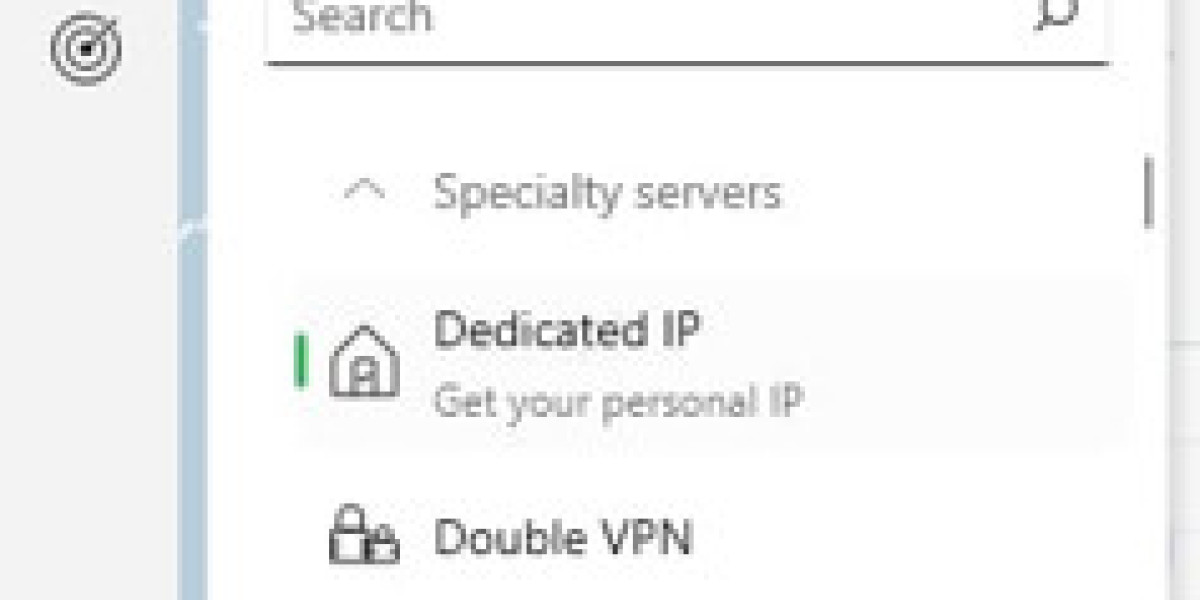Abu Dhabi is increasingly seen as one of the most attractive cities in the Middle East for real estate investment, and foreigners now have more opportunities than ever before to own property. With regulations becoming more welcoming and communities offering world-class amenities, many international investors and expatriates are searching for properties for sale in Abu Dhabi. Buying property as a foreigner can seem daunting at first, but with the right guidance and understanding of the process, it can be a smooth and rewarding journey.
This comprehensive step-by-step guide will walk you through everything you need to know—from legal requirements and financial considerations to choosing the right area and finalizing your purchase.
Understanding Property Ownership Laws for Foreigners
Freehold vs. Leasehold Properties
In Abu Dhabi, property ownership for foreigners was historically restricted. However, in recent years, legal reforms have opened the door for non-UAE nationals to purchase property in designated investment zones.
There are two main types of ownership available:
Freehold Ownership: Grants full ownership of the property and the land it stands on. Foreigners can buy freehold properties in specific areas such as Al Reef, Al Reem Island, Yas Island, Saadiyat Island, and more.
Leasehold Ownership: Allows foreigners to lease a property for up to 99 years. While the property is theirs for that period, they do not own the land.
Understanding the distinction is crucial when choosing the type of property that suits your long-term goals.
Who Can Buy Property?
Foreign nationals, residents, and non-residents can purchase property in investment zones. No special residency status is required, but having a UAE residence visa may help with mortgage approvals and other logistics.
Determine Your Budget and Financing Options
Self-Financed vs. Mortgage
Before browsing listings, determine how you intend to finance the purchase. If you’re planning to pay in cash, ensure funds are available for transfer. If you need a mortgage, several local and international banks offer home loans to foreigners, provided they meet specific income and employment requirements.
You’ll typically need:
A valid passport and visa
Proof of income or employment
A credit report or bank statement
A down payment (often around 20–25%)
Always consult a financial advisor to understand what you can realistically afford, including additional costs like registration fees, agent fees, and maintenance charges.
Step 2: Research the Right Location
Abu Dhabi offers a variety of communities that cater to different lifestyles and preferences. Your choice of location will depend on your priorities—whether it's luxury, family-friendliness, proximity to work, or rental yield.
Some of the most popular areas for foreigners include:
Yas Island: Known for entertainment and high-quality apartments
Saadiyat Island: Offers cultural experiences and beach access
Al Reem Island: Urban living with great connectivity
Al Raha Beach: Waterfront homes and modern conveniences
The key is to research thoroughly, visit if possible, and evaluate the infrastructure, community vibe, and future development plans.
Choose the Right Property Type
Once you’ve narrowed down your location, consider the type of property that meets your needs. Abu Dhabi offers a wide selection:
Apartments (studio to multiple-bedroom units)
Townhouses and villas
Duplexes and penthouses
Off-plan vs. ready-to-move-in properties
Working with experienced real estate companies in Abu Dhabi can help you access more listings, receive professional advice, and compare different properties more effectively. These companies are well-versed in guiding foreign buyers and can ensure your property choice aligns with your lifestyle and investment objectives.
Step 4: Make an Offer and Sign the Agreement
Once you find a property you like, you’ll need to make an official offer. If the seller agrees, you will sign a Memorandum of Understanding (MoU), which outlines the terms and conditions of the sale.
At this point, you’ll typically be required to:
Pay a deposit (usually 5–10% of the property price)
Present your identification documents
Set a timeline for completion
Legal review is highly recommended before signing any documents. Having a lawyer examine the MoU can help you avoid unexpected pitfalls.
Step 5: Secure Final Approvals and Conduct Due Diligence
Before finalizing the deal, ensure that all paperwork is in order. This includes checking:
Title deeds and ownership history
No outstanding mortgages or debts
Valid permits and permissions
Service and maintenance charges
If you’re purchasing off-plan, verify the developer’s reputation and the project’s approval status with government authorities. Due diligence is key to avoiding fraud or delays.
At this point, the bank (if mortgage is involved) will also conduct a property valuation to determine whether the price matches market conditions.
Finalize the Transfer and Payment
After approvals and due diligence, the final step is the property transfer. This is typically done at the relevant government office, such as the Abu Dhabi Municipality or Department of Urban Planning and Municipalities.
Here’s what you’ll need:
Signed MoU
Final payment (including balance price and fees)
No objection certificate (NOC) from the developer
Buyer and seller ID documents
Fees associated with the transfer include:
Registration fees (typically 2% of the purchase price)
Agent commission (around 2%)
Mortgage registration fees (if applicable)
Once all payments are made and paperwork completed, you’ll receive the title deed—officially becoming a property owner in Abu Dhabi.
Post-Purchase Responsibilities
Owning a property comes with ongoing obligations. You’ll need to:
Pay service charges and maintenance fees
Ensure the property is insured
If rented out, manage tenant contracts and renewals
Many real estate companies in Abu Dhabi offer property management services to help with these tasks, especially if you’re not residing in the UAE full time. This can save you time and ensure your investment remains in good condition.
Consider Long-Term Investment Potential
Owning real estate in Abu Dhabi is not just about lifestyle—it can be a strong investment vehicle. With a growing population, infrastructural development, and government-backed incentives, the city is poised for continued growth.
Whether you’re buying to live in or to rent out, consider:
Potential rental yields (especially in high-demand areas)
Capital appreciation over time
Tax benefits (Abu Dhabi has no property tax or income tax)
The strategic decision to invest in properties for sale in Abu Dhabi can yield solid returns if guided by research, expert advice, and a long-term vision.
Final Thought
Buying property in Abu Dhabi as a foreigner may seem complex at first, but by understanding the process step by step, it becomes clear and achievable. From choosing the right community to finalizing the transfer, each stage plays a crucial role in securing a rewarding investment.
The key is preparation—understand the laws, organize your finances, and seek professional guidance. Whether you're looking for a vacation home, rental property, or a permanent residence, Abu Dhabi offers an incredible mix of opportunity, quality of life, and financial gain.
Partnering with trusted real estate companies in abu dhabi can simplify the journey and provide access to better deals, accurate market data, and seamless transaction support. With the right approach, you can confidently take your first steps into the dynamic Abu Dhabi property market and begin your journey toward ownership in one of the region’s most promising cities.







